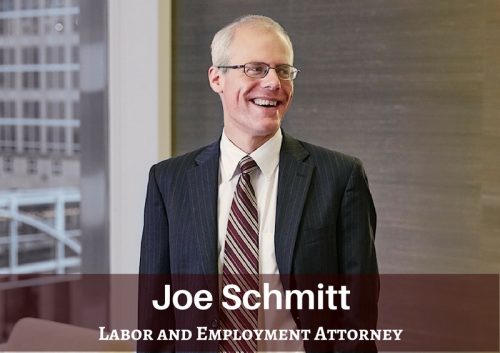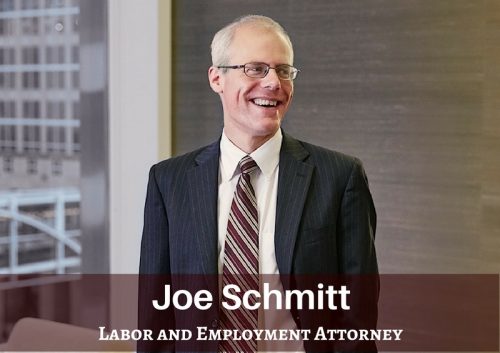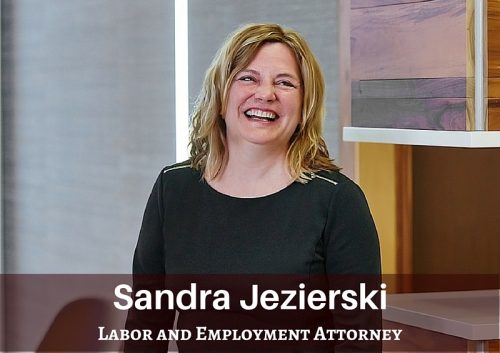Posted November 23, 2016
On November 17, 2016, Judge William Conley of the United States District Court for the Western District of Wisconsin issued an opinion and order addressing rarely litigated procedural defenses to CPSA enforcement actions. The case, United States of America v. Spectrum Brands, Inc., No. 15-cv-371-wmc, involves allegations that Spectrum Brands, Inc. (“Spectrum”) violated the reporting requirements under section 15(b) of the CPSA by failing to immediately notify the CPSC of a potential defect in one of Spectrum’s coffee pot carafes that may pose a significant product hazard. The decision will be closely analyzed by product manufacturers, retailers, and legal practitioners alike, both because federal courts rarely issue opinions in CPSC enforcement actions and because Judge Conley roundly rejected Spectrum’s numerous procedural defenses.










